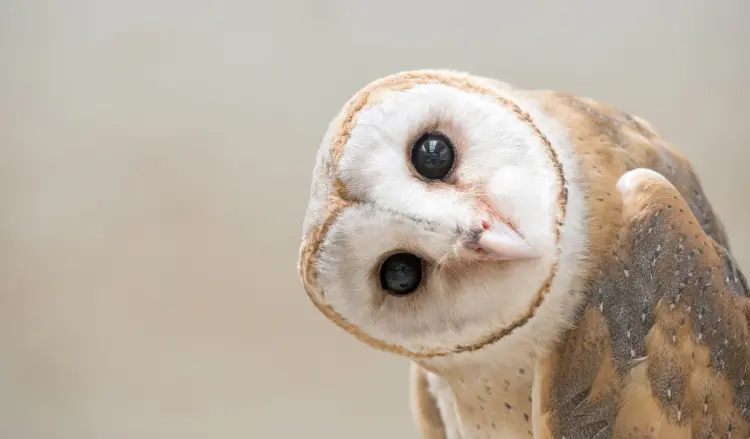First release of African Penguins at De Hoop Nature Reserve in South Africa
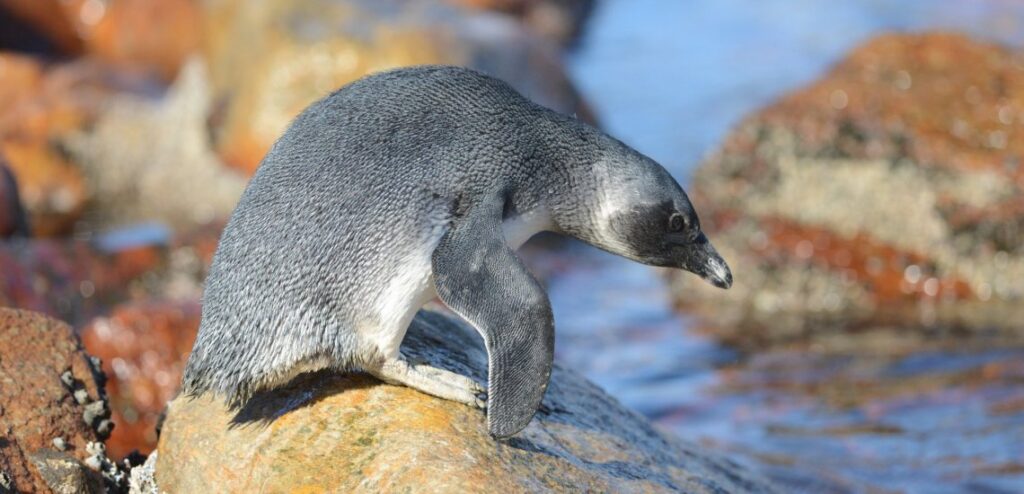
The release of 30 juvenile African Penguins into the wild this week represents a big step forward to re-establish a penguin colony on the south coast of South Africa. BirdLife South Africa, CapeNature and SANCCOB have partnered together in this ambitious attempt to help this Endangered species.
By Jeanette Smith
The African Penguin Spheniscus demersus (Endangered) population is decreasing rapidly, primarily due to a lack of food. A shift in fish stocks away from historic feeding grounds on the west coast as well as competition with the fishing industry have meant that African Penguins breeding on the west coast of South Africa especially, are struggling to find food. Penguins have been unable to follow the changed prey distribution because of a lack of safe breeding sites along the southern Cape coast. A small colony of penguins established at the De Hoop Nature Reserve in 2003 but predation by caracal caused them to abandon the colony a few years later.
When in 2015, BirdLife South Africa (BirdLife partner) began investigating whether it would be possible to establish new African Penguin colonies, the De Hoop colony was chosen as an ideal candidate site. In partnership with CapeNature, BirdLife South Africa designed and constructed a predator-proof fence to ensure that, this time, the penguins would be safe. To entice penguins to re-colonise the area naturally, life-like penguin decoys and penguin calls being broadcast by loudspeakers help create the impression that penguins are breeding there.
After waiting two years to test whether natural colonisation would happen, the BirdLife South Africa and CapeNature approached the Southern African Foundation for the Conservation of Coastal Birds (SANCCOB) to assist with taking the next step, which is to release penguins at the colony. The first release took place on 11 June.
The African Penguin population is decreasing rapidly, primarily due to a lack of food.
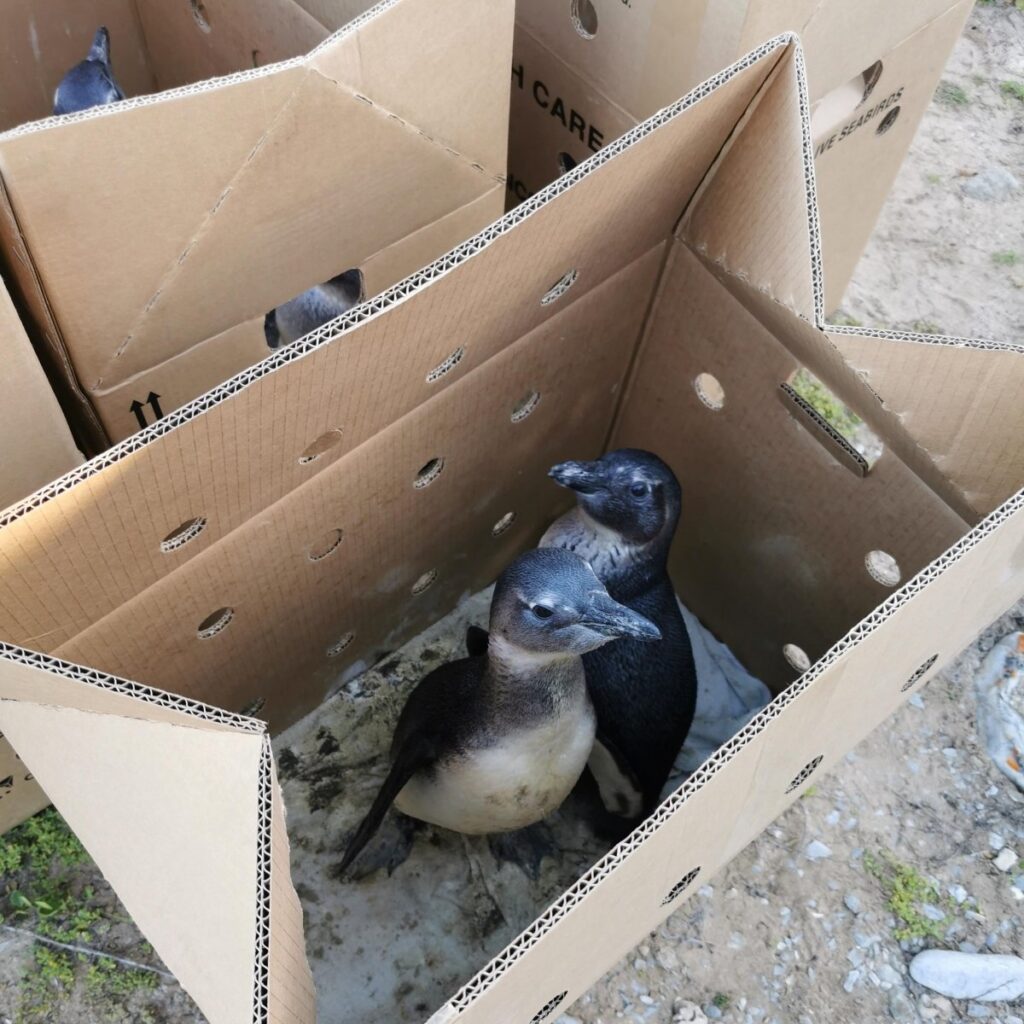
“This release, which will hopefully be the first of many, is the culmination of many years of work so I’m immensely excited to see it finally happening!” says Christina Hagen, the Pamela Isdell Fellow of Penguin Conservation at BirdLife South Africa, who has been running the project since 2015. “Although there are more years of hard work ahead of us, it is an important step to take now, as every year we wait, we lose more and more penguins.” continues Hagen.
CapeNature CEO, Dr Razeena Omar confirms the value of this partnership, saying “CapeNature is proud to be part of this innovative project on one of our flagship protected areas, De Hoop Nature Reserve. It is critical that we reverse the decline of the endangered African Penguin, and the release of the rehabilitated fledglings is an important next step in achieving the goal of establishing a colony.”
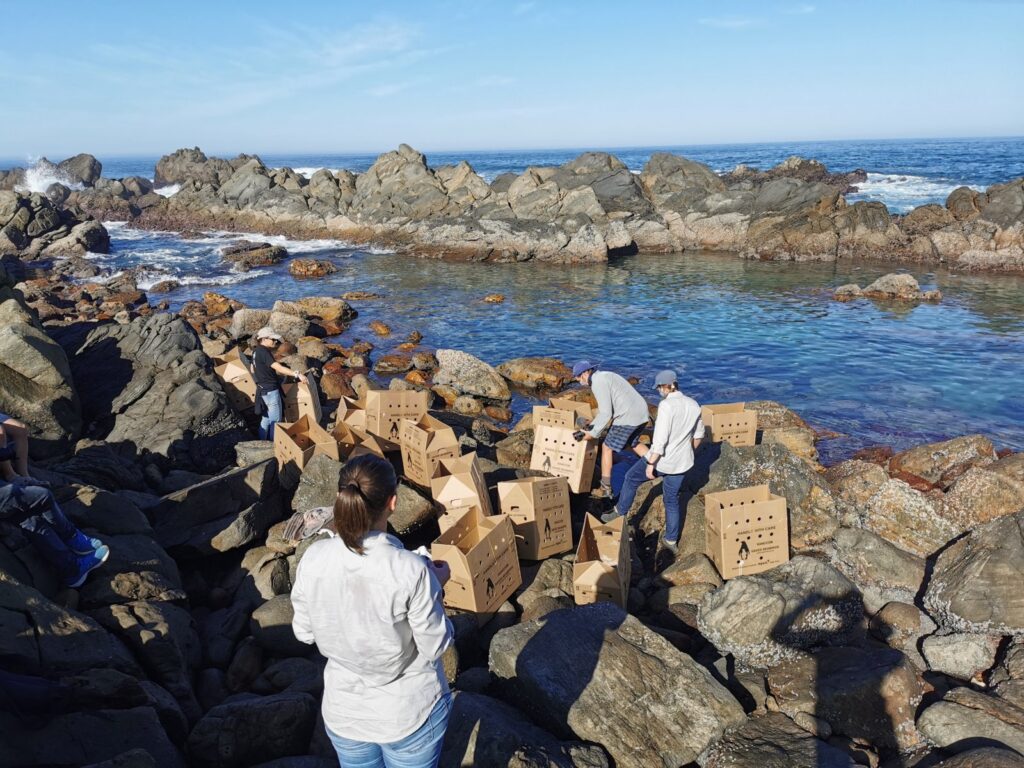
The released penguins were hand-reared at SANCCOB; most hatched from abandoned eggs rescued at the Stony Point penguin colony and incubated at the organisation’s Table View facility. Dr David Roberts, Clinical Veterinarian at SANCCOB, says, “We received an unusually large number of African penguin eggs earlier this year and it was a tall task to hand-rear so many chicks at once. Events like this one indicate the trouble that African penguins are in when extreme weather conditions and lack of food cause adult birds to abandon their nests to save themselves”.
According to Roberts, “The penguins are released as fledglings as they have not yet chosen a place to breed and once an African penguin starts breeding at a colony, they return there year after year. By releasing fledglings, we hoped that they will return to De Hoop Nature Reserve to breed when they are ready to do so in three to six years.”
In addition to the released birds being individually marked with Passive Integrated Transponders for post-release monitoring, two African penguins will be fitted with GPS trackers to monitor their movements immediately after release.
“We are grateful to our partners, CapeNature and SANCCOB, and all the donors who have made this work possible, particularly Pamela Isdell, the Patron of the African Penguin” says Mark D. Anderson, CEO of BirdLife South Africa. “This is a vital step towards re-establishing this colony and will improve the conservation status of our iconic penguin.”
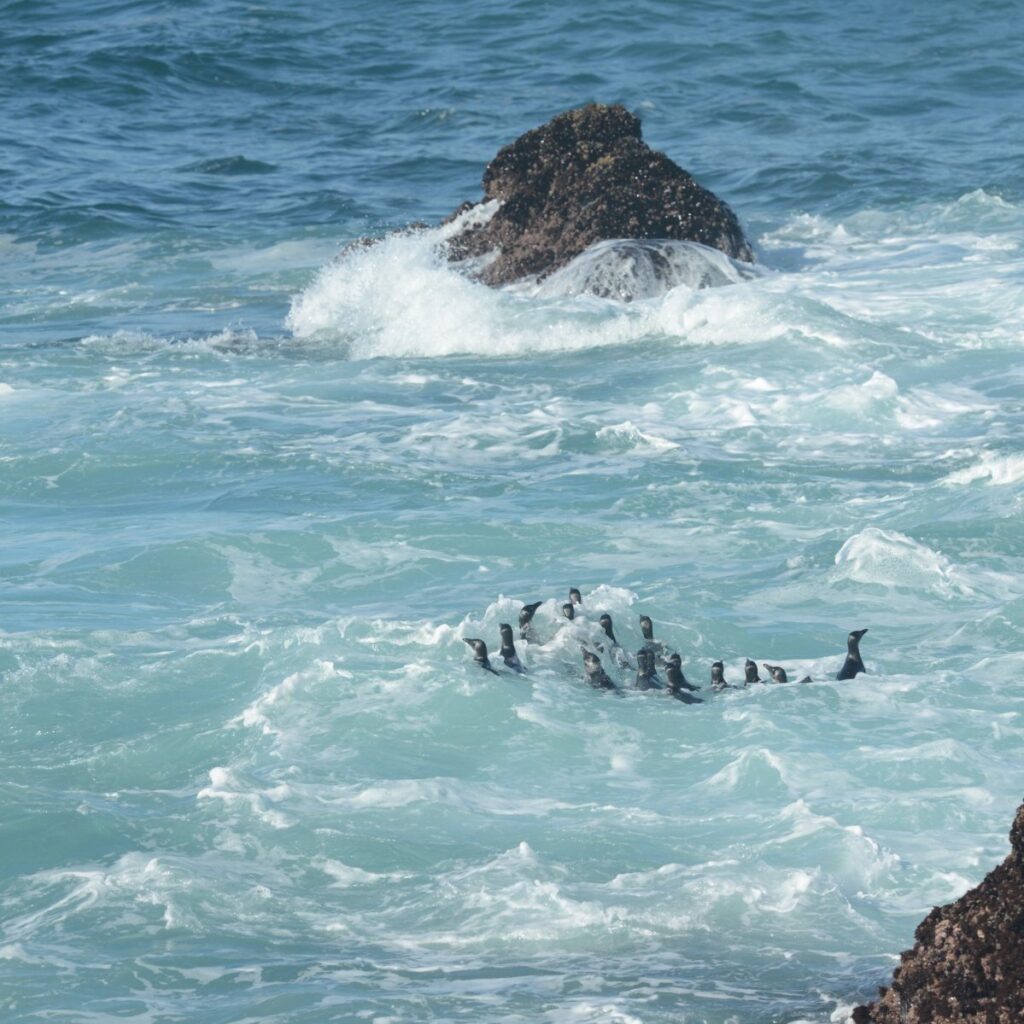
Stay up to date
Sign up to receive the latest bird conservation news. You’ll also receive updates about our projects, science and other ways to get involved including fundraising.
Thank you for your support, we are committed to protecting your personal information and privacy. For more information on how we use your data, please see our Privacy Policy. You can unsubscribe from emails at any time by using the link in the footer of any email from us.
